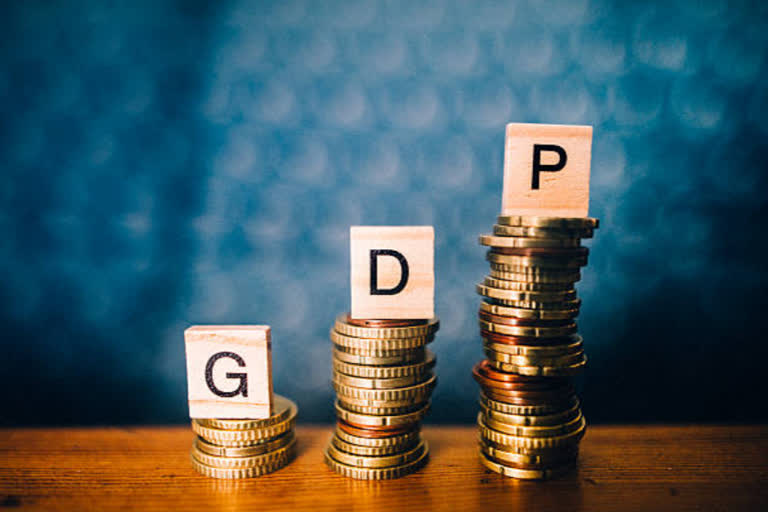New Delhi: India Ratings and Research (Ind-Ra) on Monday revised its FY21 economic growth forecast for the country further down to 1.9 per cent, lowest in the last 29 years, citing the COVID-19 pandemic and its impact on economy.
The rating agency said the revised number is based on the assumption that the partial lockdown will continue till mid-May.
It, however, sees GDP growth to slip further to negative 2.1 per cent if the lockdown continues beyond mid-May.
"We have revised our FY21 gross domestic product (GDP) growth further down to 1.9 per cent from our forecast of 3.6 per cent published on March 30, 2020," its principal economist and director public finance Sunil Kumar Sinha said in a report.
The country's economy had grown by 1.1 per cent in FY92.
"However, if the lockdown continues beyond mid-May 2020 and a gradual recovery takes root only from end-June 2020, GDP growth may slip further to negative 2.1 per cent, lowest in the last 41 years, Sinha said, adding it will be only the sixth instance of contraction since FY52."
Many global and domestic research agencies have also cut their FY21 growth forecast for the country amid the COVID-19 pandemic and its impact on economy.
The agency said the Reserve Bank of India, on March 27, had announced reduction in repo rate by 75 basis points, cut in the cash reserve ratio by 100 bp to 3 per cent and a targeted long term repo operations (TLTRO) worth Rs 1 lakh crore, focused on easing the tight monetary conditions building up in the economy. However, the financial market reacted otherwise.
